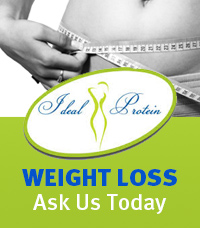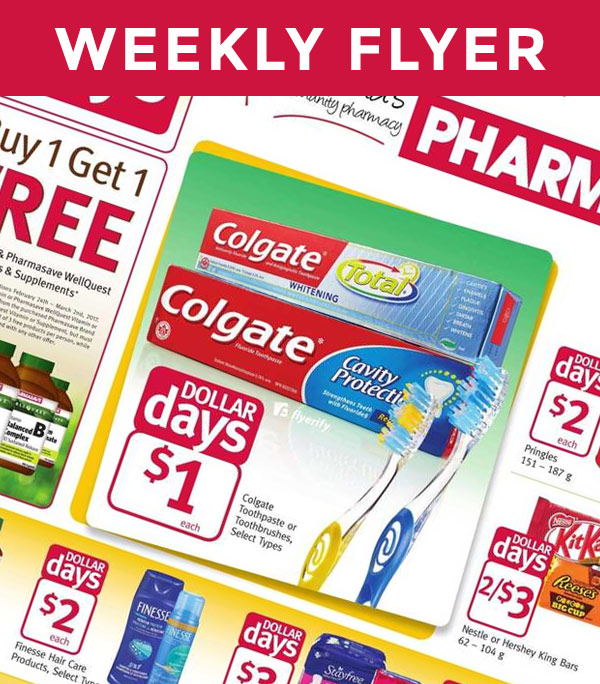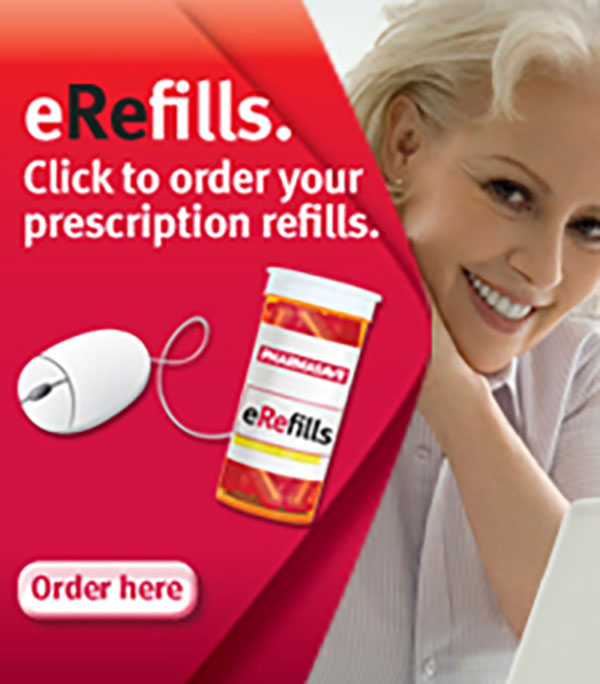
March – Nutrition
March – Nutrition
Exercise and Nutrition
Why exercise?
Benefits of regular activity are better posture, self esteem, and weight management, improved energy levels, increased strength in muscles and bones, and reduced risk of heart disease.
How much exercise?
• Adults should aim to get at least 150 minutes of moderate-to-vigorous physical activity each week.
• Everyone can do some form of exercise. Although more is better, every little bit counts. Becoming more active is easier than you think!
Fuel up on low fat, high carbohydrate foods
• The body’s preferred fuel is carbohydrates because they can easily be turned into glucose, which cells use immediately for energy. Alternatively, carbohydrates can be stored as glycogen, which your cells use later.
• Eating a low fat, high carbohydrate food like crackers, or low fat fruit yogurt about one hour before exercise will top up your body’s fuel supply for the activity.
• The best carbohydrate foods are brown rice, cereals, whole wheat bread, starchy vegetables like carrots, and fruits.
• If you exercise for more than 30 minutes, eating a low fat, high carbohydrate food like an apple or low fat muffin, either right after your workout or within 15 minutes of finishing it, will help replace the muscle glycogen that was used up during the exercise.
How much protein?
• Despite what many active people think, protein from foods like meat, chicken, eggs, or fish is not an important source of fuel for exercise.
• While long distance runners and weight lifters may need a little more protein than the recreational athlete, most of us will get more than enough protein from eating regular meals and a variety of foods.
Getting your vitamin C and E
• Several studies have suggested that being active produces free radicals – harmful particles that can damage cells and genetic material (DNA).
• It may be important to eat foods rich in antioxidants like vitamin C and E.
• Foods rich in these nutrients include strawberries, oranges, kiwi fruit, olive oil, wheat germ, and nuts.
Eating iron-rich foods
• Studies have found that runners, particularly female runners, may be low in iron. This may be due to less iron being absorbed, choosing to eat less meat, which is high in iron, restricting calories, and the breakdown of blood as a result of constant foot pounding.
• Eating iron rich foods like dried fruit, enriched cereals, and meat is important.
Hydrate yourself!
Water is very important nutrient and part of a good exercise program.
• Hydrate yourself half an hour before exercise with about a cup of water or diluted juice.
• During physical activity, drink ½ to ¾ cup every 15 to 20 minutes.
• Within 30 minutes after exercising, drink plenty of water to replace the fluid lost through sweat.
Ask Your Pharmacist
Q: What can I do to lose a little weight and feel more energetic?
A: To manage your weight, maintain energy and to look and feel your best at any age – stick to the basics. Exercise and eat a healthy diet rich in fresh fruits and vegetables, whole grains, lean protein and low-fat dairy. Good nutrition and a healthy diet are very important, particularly for women as they move through the various stages of life. if you are concerned that you’re not eating as well as you should, speak to your Live Well Pharmacist about whether vitamin and mineral supplements are right for you.
Do you have more questions? Ask your Live Well Pharmacist.
Health Tip
Good nutrition starts with healthy food choices. Eat vegetables raw or steamed and instead of heavy sauces, add some herbs and spices or a little olive oil or cheese for flavour. Swap some of the meat and cheese in your sandwich for healthier choices like lettuce, tomatoes, sprouts, cucumbers, and avocado and when you’re thirsty, have water instead of sugary drinks. Your body and your waist line will thank you!
All material © 1996-2013 MediResource Inc. Terms and conditions of use. The contents herein are for informational purposes only. Always seek the advice of your physician or other qualified health provider with any questions you may have regarding a medical condition.








